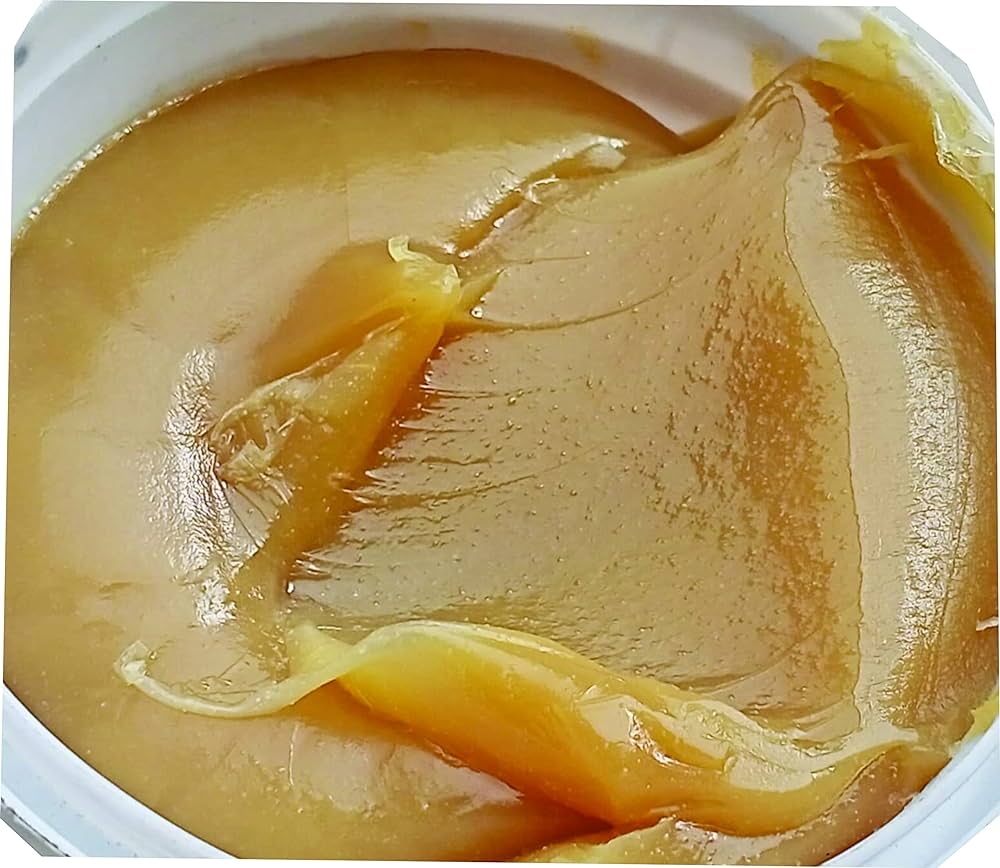Hey there! Ever wondered why that squeaky door stops making noise after you oil it, or how industrial machines run so smoothly? Well, it’s all thanks to lubricants! But what is a lubricant, exactly? In the simplest terms, lubricants are substances introduced between two surfaces to reduce friction, wear, and heat generation. They’re the unsung heroes in both our everyday lives and in industrial settings, ensuring everything runs like a well-oiled machine.
Today, we’re diving into the nitty-gritty of lubricants – defining what they are, exploring the different types available on the market, and understanding their key roles and applications. Perfect for anyone from the curious layman to industry professionals, this article is your one-stop shop for all things lubrication. So, strap in, and let’s get slippery with knowledge!
Types of Lubricants and Their Applications
1- Oil Based Lubricants
Oil-based lubricants are the most common type you’ll find on the market. They can range from mineral oils, derived from crude oil, to synthetic options designed for specific applications. What is lubricating oil used for, you ask? Well, it’s ideal for machinery, automotive engines, and even in your household items like door hinges. Their fluid nature allows them to seep into tight spaces, providing a smooth layer of protection against friction.
2- Greases
When you think about the difference between oiling and greasing, it boils down to consistency and application. Greases are essentially oil that’s been thickened with a soap or other thickener, which makes them perfect for situations where you need the lubricant to stay put – like in wheel bearings or gears. They’re a go-to for heavy-duty industrial machines and vehicles where a liquid lubricant might easily drip away.
3- Solid Lubricants
Ever heard of graphite or molybdenum disulfide? These are solid lubricants, which come in handy where liquid or grease can’t be used. Think high temperatures or vacuum environments. They’re often used in space exploration components and high-temperature industrial processes.
4- Penetrating Lubricants
These are the superheroes that come to the rescue when parts are rusted or stuck together. Penetrating lubricants have low viscosity, which means they can wiggle their way into the tiniest of crevices to break down rust and free up the parts. A must-have in any maintenance toolkit!
- Elevate Your Machinery’s Performance with JR Grasso Ordinario SOD – MP2: The Premium Multi-Purpose Sodium Grease
- Unleashing the Power of JR Olio Motore 20W50: The Ultimate Engine Protector
- Unleash Efficiency and Reliability with JR Olio Lub Per Catene: The Ultimate Chain Lubricant
- Unleashing Performance with JR Grasso Ad Alta Velocità: The Ultimate Guide
- Maximizing Performance with JR Lubrificante Adesivo-2500: A Comprehensive Guide
5- Synthetic Lubricants
These lubricants are engineered to perform in extremes of temperature and pressure where conventional oil-based lubricants might fail. They offer superior performance in terms of stability, lubricity, and lifespan. Synthetic lubricants are often used in high-performance automotive engines and in industries operating under severe conditions.
6- Bio-based Lubricants
As we move towards a greener planet, bio-based lubricants are gaining traction. Made from vegetable oils and other renewable resources, they’re not only environmentally friendly but also highly effective. They’re becoming more popular in industries looking to reduce their carbon footprint without compromising on efficiency.
Why the Type of Lubricant Matters

The type of lubricant you choose can make a huge difference in the performance and longevity of machinery and components. Each type has its specific properties and applications, making it crucial to select the right one for the job. Understanding the difference between oiling and greasing, for instance, can save you from unnecessary wear and tear on your equipment. Similarly, knowing when to opt for a synthetic lubricant over a mineral oil-based one could be the key to operating under extreme conditions.
Well, there you have it – a deep dive into the slippery world of lubricants. From the trusty oil-based types to the cutting-edge synthetics, each lubricant has its place and purpose. Whether you’re in the industry or just looking to keep your home machinery in tip-top shape, understanding these different types of lube can make all the difference. Remember, the right lubrication not only keeps things moving smoothly but also prolongs the life of your equipment.
So, the next time you’re facing a friction problem, you’ll know exactly which lubricant to reach for. Got more questions? Want to explore specific products for your needs? Head on over to JR’s website for a wide range of high-quality industrial lubricants tailored to meet every requirement. Keep those gears running smoothly, and never underestimate the power of the right lubricant!




